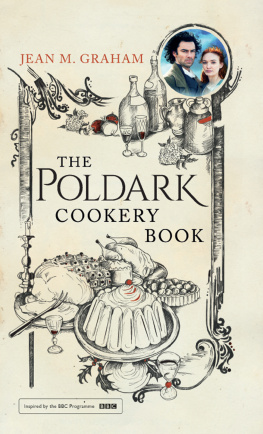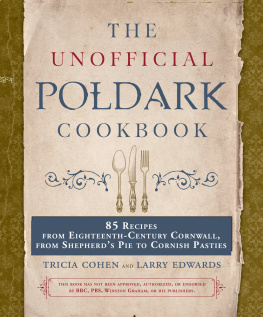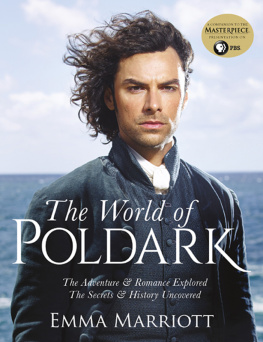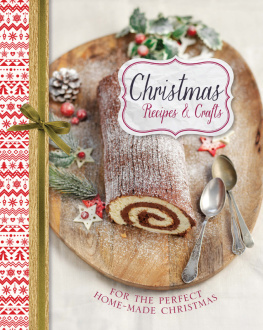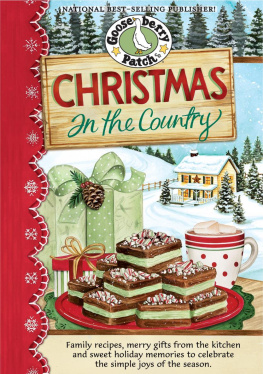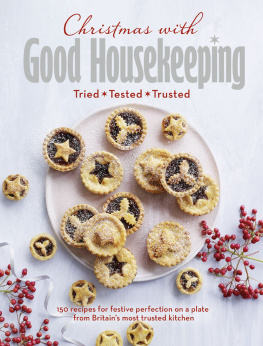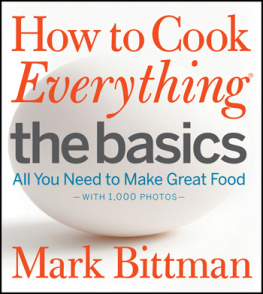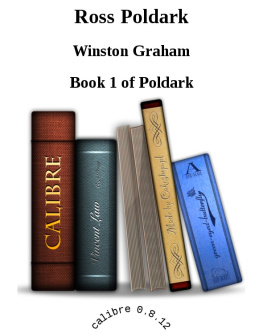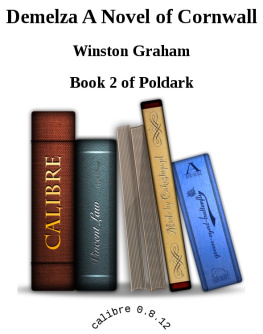The official BBC Poldark companions
The World of Poldark by Emma Marriott Poldark: The Complete Scripts Series One by Debbie Horsfield Poldark: The Complete Scripts Series Two by Debbie Horsfield The Poldark Colouring Book
THE POLDARK NOVELS BY WINSTON GRAHAM
Ross Poldark * Demelza * Jeremy Poldark Warleggan * The Black Moon * The Four Swans The Angry Tide * The Stranger from the Sea The Millers Dance * The Loving Cup The Twisted Sword * Bella Poldark
ALSO BY WINSTON GRAHAM
Night Journey * The Merciless Ladies The Forgotten Story * Take My Life * Cordelia Night Without Stars * Fortune Is a Woman The Little Walls * The Sleeping Partner * Greek Fire The Tumbled House * Marnie * The Grove of Eagles After the Act * The Walking Stick Angell, Pearl and Little God The Japanese Girl (short stories) * Woman in the Mirror The Green Flash * Cameo * Stephanie Tremor * The Ugly Sister
The Spanish Armada * Poldarks Cornwall Memoirs of a Private Man

First published 1981 by Triad/Granada
This electronic edition published 2017 by Macmillan
an imprint of Pan Macmillan
20 New Wharf Road, London N1 9RR
Associated companies throughout the world
www.panmacmillan.com
ISBN 978-1-5098-5324-3
Copyright Jean M. Graham 1981
Foreword Hannah Greig 2017
Illustrations Gwen Burns 2017
Cover image of Aidan Turner and Eleanor Tomlinson: Photography Robert Viglasky Mammoth Screen Limited 2016.
The right of Jean M. Graham to be identified as the author of this work has been asserted by her in accordance with the Copyright, Designs and Patents Act 1988.
Pan Macmillan does not have any control over, or any responsibility for, any author or third-party websites referred to in or on this book.
You may not copy, store, distribute, transmit, reproduce or otherwise make available this publication (or any part of it) in any form, or by any means (electronic, digital, optical, mechanical, photocopying, recording or otherwise), without the prior written permission of the publisher. Any person who does any unauthorized act in relation to this publication may be liable to criminal prosecution and civil claims for damages.
A CIP catalogue record for this book is available from the British Library.
Visit www.panmacmillan.com to read more about all our books and to buy them. You will also find features, author interviews and news of any author events, and you can sign up for e-newsletters so that youre always first to hear about our new releases.
Contents
So the dinner came off on a fine Tuesday in mid- February. Demelza had given great thought to the menu, for she knew, whatever Ross might think, that she would have to oversee the meal until the last second. She did pease soup, which could be got ready beforehand, then a boiled tongue, similarly easy, followed by a fat little turkey hen roasted, with chopped bacon, then her special raspberry jam puffs, and ended with a syllabub and mince pies...
From The Four Swans, Book Two, Chapter V. Demelzas dinner party for the Bassets is just one festive occasion among many in that great saga of eighteenth-century Cornish life, the Poldark novels. Here Jean M. Graham, the authors wife, draws deep from the well of her Cornish upbringing to show you the ingredients and recipes that go into the making of delicious, traditional and colourful Poldark cookery.
Foreword
by Hannah Greig
The opportunity to read Winston Grahams original novels closely and repeatedly has been one of my many privileges as historical consultant to the BBCs Poldark series. As a historian, I have been deeply impressed by Grahams knowledge of the eighteenth-century contexts in which his novels are set. The Poldark characters are fictional, but many of their experiences were drawn from real life. Graham spent long hours in careful research, later recalling his reliance on the manuscript, the old newspaper, the map, the out-of-print book, the contemporary travel book, the parochial history, the mining manual, the autobiography. Behind Grahams gripping stories of romance, love, family and dynasty, are real eighteenth-century histories of death, disease, politics, poverty and crime.
Food is a good example of the impressive attention to historical detail that Graham brought to his writing. In his foreword to The Poldark Cookery Book, Graham tells us of his use of original historical documents to seek out for Jean Grahams recipe) capture Cornish traditions. At the time, access to basic food, such as bread and corn, was literally a matter of life and death to the vast majority of the population. A poor harvest and an increase in food prices quickly pushed many over the line from survival to starvation. Riots over corn prices feature regularly in the Poldark novels, with Winston Graham capturing in these details the daily realities of life for ordinary people in eighteenth-century Britain.
The recent adaptation by Mammoth Screen for the BBC takes care to recreate the historical details that are so central to Grahams original novels. The simple food that we see being made by Demelza in the kitchen, or the ostentatious meals served up by George Warleggan to a house full of guests, are beautifully produced by the art department working on each series, often with the help of a specialist food designer. In her scripts, Debbie Horsfield pays close attention to which foods were in season, how much food cost, who would have had access to treats like biscuits or oranges, and who was reliant on bread alone. If you look out for the small details the indulgences served with tea, or the kind of loaves that Prudie and Demelza are pummelling in the kitchen you will find all sorts of clues about the characters and where the story might take us next.
To me, Winston Graham was as much a historian as he was a novelist, and a historian who can be credited with finding all kinds of buried details about the eighteenth-century past. I take my hat off to historical fact... for without it I could never have devised all the events which fill those pages, Graham later reflected, arguing that without a deep understanding of history a writers characters are simply modern people in fancy dress. Food is one such historical detail that he recovered with particular care, ensuring his characters are true inhabitants of the eighteenth century era. Clearly it was his wife, Jean Graham, who helped furnish him with many of these details, and from her recipes it is possible to recreate the food we find in the novels. Winston Graham might have tipped his hat to historical fact, but as a historian I tip mine to him, to Jean Graham, and to this compelling ) and enjoy this culinary tour through Poldarks kitchens, tables and Cornish past.
1981 Foreword
by Winston Graham
Every novelist should know and thoroughly understand what he is writing about. If in doubt he must discover enough, either by personal experiment or by close attention to what others tell him or have written, to speak with sufficient authority to convince the reader. Thus he often eventually discovers far more about the subject than he needs. Its a bit like the iceberg: the nine-tenths under water is necessary to support the one-tenth that shows.
But sometimes ones ignorance (or is it innocence?) is preserved by the existence of someone close to oneself (such as a wife) whose knowledge of a subject is such that there is no need to learn. This applies to my cooking. I have never cooked. There has always been someone at my side who could do it better and enjoyed doing it. Nor have I ever needed to inquire from others or to read about it from different sources. I am able to describe the making of bread in

